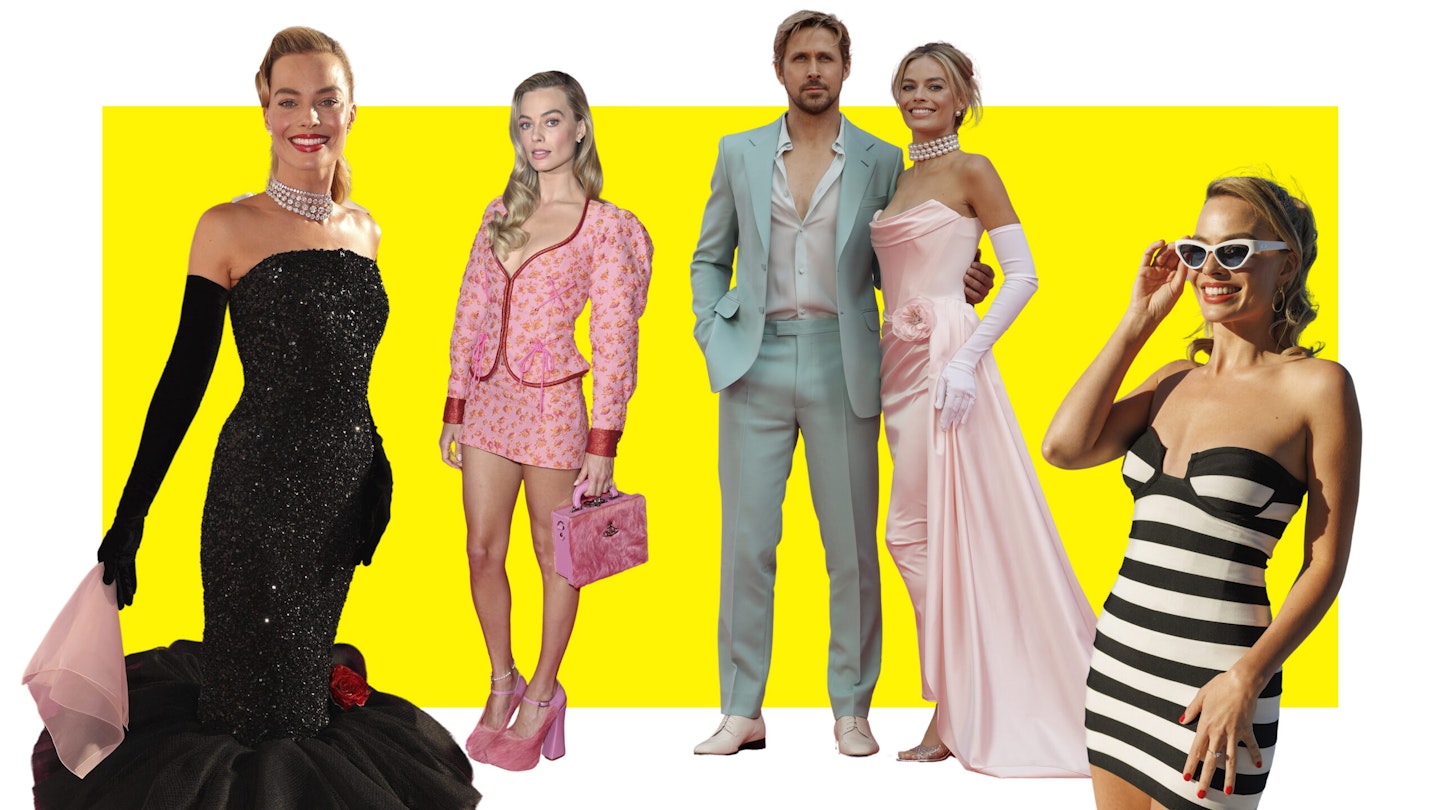The biggest film of 2023 and a serious contender for Oscar nominations? Not bad for a story about a toy.Barbie, starring Margot Robbie and directed by Greta Gerwig,wildly outperformed expectations in July, delivering one of the funniest and most moving films of the year before smashing box-office records by making £1.4 billion globally – and with Gerwig the first ever solo female film-maker to have a billion-dollar hit. What’s more, it may well prove a game-changer for Hollywood – back in action after the end of the strikes – and the films it makes going forward.
For years, film studios have held the belief that female-made, female-led movies don’t sell like the ones for boys. While 2019’s Captain Marvel starring Brie Larson may have rocked that assumption – breaking the $1bn barrier with a female superhero – that was easily dismissed as a one-off. Barbie is another matter. Its pink- drenched design and marketing couldn’t have been girlier, and it’s based on a doll that has never been marketed to boys. What’s more, it spends much of its running time overtly discussing sexual politics and feminist ideas.
In other words, something that didn’t cater to male audiences at all became the year’s biggest film. That means that every female film-maker pitching her ideas to a studio in future is going to have an easier ride, and that no studio can seriously argue that the female audience doesn’t exist. We’ve always been here: they just weren’t making films we wanted to see.
A Barbie film didn’t need to be this good. Women are so starved of seeing our cultural icons on screen that lots of the groups of friends would have donned pink outfits and turned out in big numbers fora much worse Barbie movie. But this was so much more. The film went toe-to-toe with Christopher Nolan’s nuclear epic Oppenheimer and, in the end, it didn’t prove quite the jokey contrast between high and low art that the ‘Barbenheimer’ pundits expected. As well as dance numbers, gags about the nature of Barbie toys and the brand’s overblown claims to feminism, there are big questions about gender dynamics and power and personhood.
Barbie is also an interesting contrast to this year’s Super Mario Bros film. That was another childhood icon getting a big-budget, colourful star-led outing. But it’s silly and basic. It certainly doesn’t try to redefine the way we think about our place in the world as Barbie did.
Much of that ambition is down to Greta Gerwig’s astonishing script (with her partner, Noah Baumbach) and direction, the way she delivered something hilarious and entertaining but also a little profound. But it’s also because Margot Robbie backed her every inch as producer and star. Robbie is a real producing force as well as an A-list star: she also produced Emerald Fennell’s film Saltburn this year, and has a raft of big adaptations lined up. People underestimate how much of a star’s role is using your status and sheer dazzling beauty to help your director to get the film made, but Robbie
– along with other heavyweight star- producers such as Tom Cruise and Brad Pitt – grasps that implicitly. She and Gerwig successfully fought off studio interference to keep the Barbie movie weird.
If Hollywood takes the right lessons from their success, it’s no exaggeration to say that it could save cinema. Gerwig and Robbie showed that women want to see stories about ourselves on screen, and that you can be offbeat and daring and also popular and successful. They showed that you don’t have to play it safe all the time. You can love Barbie and still make fun of the doll’s history; you can be political and still be a popular hit. If Hollywood learns to be as clever, brave, funny and determined as Gerwig and Robbie and their Barbie, we could be in for a new golden age of film.
